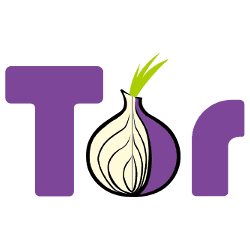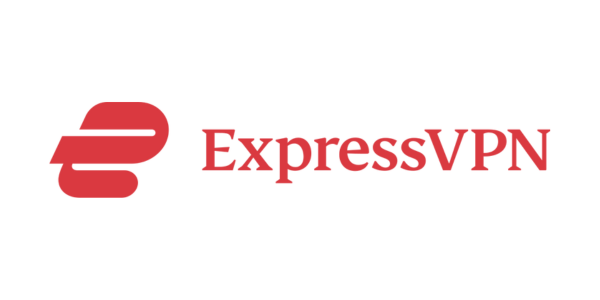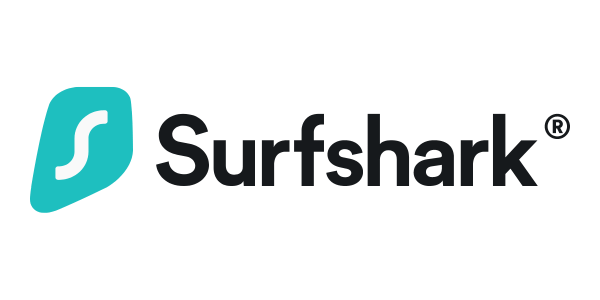 This is one of the most commons question asked by people just getting into TOR and, unfortunately, the answer is not what many would expect. The Onion Router is meant to increase the privacy of its users and it does do just that since it essentially encrypts data. However, there are known loopholes that can be explored by ISPs to see past TOR and find out what pages you’re visiting. For instance, one of these methods explores the entry and exit nodes of the TOR network, though the downside of this is that’s often hard and expensive to achieve. This is why it’s advisable to combine the use of TOR with a VPN.
This is one of the most commons question asked by people just getting into TOR and, unfortunately, the answer is not what many would expect. The Onion Router is meant to increase the privacy of its users and it does do just that since it essentially encrypts data. However, there are known loopholes that can be explored by ISPs to see past TOR and find out what pages you’re visiting. For instance, one of these methods explores the entry and exit nodes of the TOR network, though the downside of this is that’s often hard and expensive to achieve. This is why it’s advisable to combine the use of TOR with a VPN.
From an ISP perspective, TOR essentially works like a VPN. Internet providers can see that you’re using TOR but they can’t see what you’re actually doing on it, but this still doesn’t mean that it is an infallible method. TOR is usually associated with torrents and other illegal activity such as the accessing the dark web, which itself has some pretty disturbing content that is kept underground to avoid detection, though of course government agencies have over time developed the necessary tools to ‘break’ TOR. The results are clear, as some police cases like hoax bomb threats or child pornography networks have ended up with arrests on those who thought they were 100% safe on the TOR network. This only proves that if the appropriate effort is spent on it, then it’s possible to get around TOR.
But that doesn’t mean that all TOR users are using the tool to access the dark web or for torrenting illegal content. Some people simply rely on this to navigate freely and legally on the web, with the major difference being that their browsing session is not publicly visible to their ISP. What this means, essentially, is that TOR is safe but that illegal activities can still be traced.
Many people have already turned to some TOR alternatives to guarantee a little extra privacy, with VPNs being one of them. However, using the two together is a better option than choosing one over the other. Nowadays VPNs are more complete than TOR and many of them already have ad blockers and other security tools built in, so both programs complement one another and work to lessen their respective disadvantages. Unfortunately, VPNs are not free like TOR, but this is a necessary price to pay for increased privacy and anonymity.
The Best VPNs of 2024
| Rank | Provider | Info | Visit |
1
|
Editor's Choice 2024

|
|
|
2
|
|
||
|
3
|

|
|
More ISP FAQs
- Can My ISP See My TOR Activity?
- Does an ISP Store Browsing History Record Searches?
- How Does an ISP Block VPNs?
- How Does an ISP Control Internet Speeds?
- How Does an ISP Track Data Usage?
- Will My ISP Report Me for Torrenting?
Get the Best VPN Deals
Want to stay up to date on the latest VPN news and discounts? Get exclusive offers and deals sent straight to your inbox!